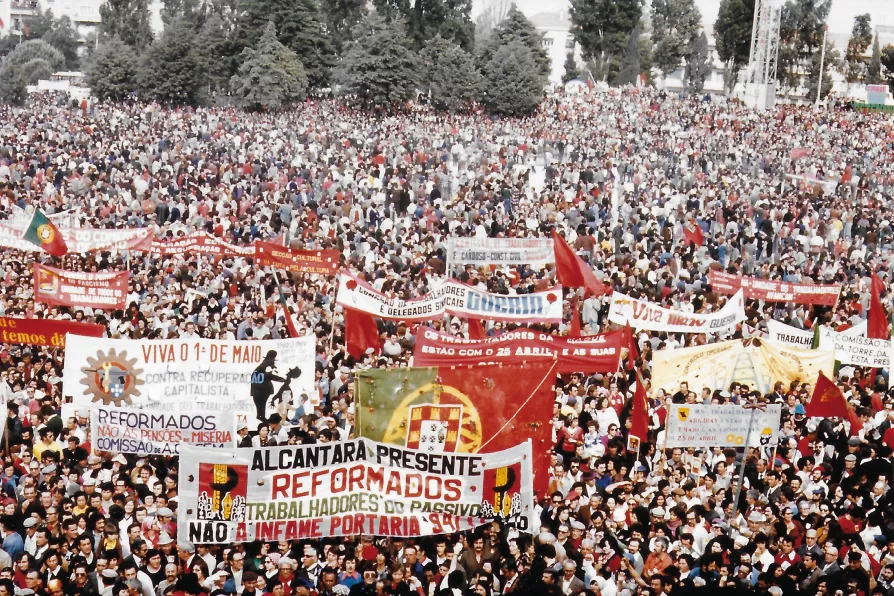John Wojcik pays tribute to a black US activist who spent six decades at the forefront of struggles for voting rights, economic justice and peace – reshaping US politics and inspiring movements worldwide

 FREE AT LAST: Huge crowds at May Day 1974
FREE AT LAST: Huge crowds at May Day 1974
ON APRIL 25, 50 years ago, Portugal was hit by an earthquake. It wasn’t like the geological one of 1755 which razed the capital Lisbon to the ground and killed around 50,000 people; this one was a political earthquake and there were only four victims, shot by the fascist secret police.
It sent shock waves around the world: Portugal’s 41-year-old dictatorship, the oldest in Europe, had been overthrown in just 24 hours. Working for GDR television at the time, I was sent to cover events as they unfolded.
We touched down at Lisbon airport on the morning of the 27th, immediately unpacked our camera and started filming. We hardly put the camera down from then on. Already at the airport, the atmosphere was charged: large groups of people waited for their loved ones to arrive, exiled for years by the dictatorship. There were ecstatic embraces, laughter and tears of joy.

RON JACOBS welcomes an investigation of the murders of US leftist activists that tells the story of a solidarity movement in Chile

JOHN GREEN welcomes an insider account of the achievements and failures of the transition to democracy in Portugal











